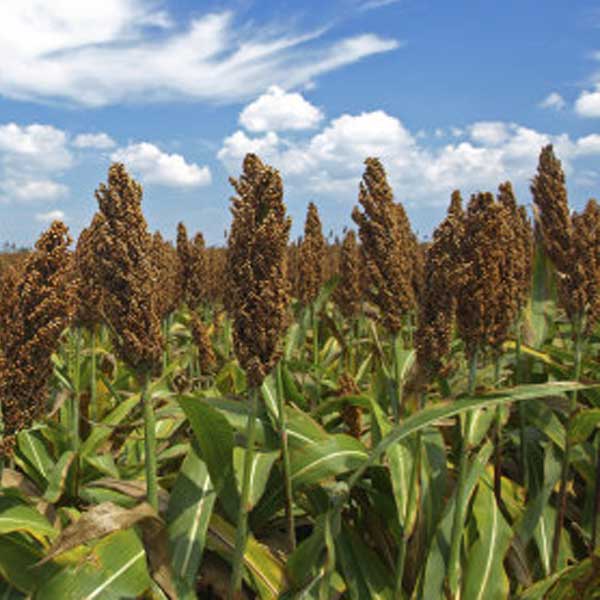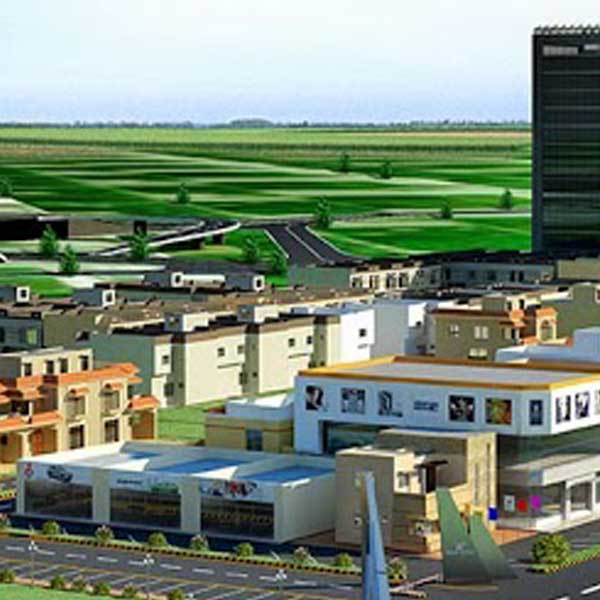The Nakar Initiative: Project ELCOT
Nakar is the northernmost town of Quezon province located off the eastern coast of Luzon Island in the Philippines, overlooking the entire pacific ocean. It was chosen for this project because it has well established coconut plantations, fertile lands, magnificent sceneries and proximity to the soon to be built world class sea port, making it accessible to high traffic trade and travel.
The Nakar Initiative is about the re-planning and redevelopment of 15,000 hectares of coconut farms impacting 5,897 farmers and their families, and will be dubbed as the Experimental Living Community of Tomorrow (ELCOT).
The reformative and transformative changes that will be introduced in this project is focused on the development of 7 diversed clusters within the 15,000 hectares (37,000 acres) target site, which will be called The ELCOT Estate.
1. Coconut Cluster
Will cover a 7,000 hectare (17,300 acre) area on the western side of the Elcot Estate, estimated to yield 288 mertic tons per day. Inclusive is a 1,000-ha area suitable for inter-cropping high valued crops. Coconut by-products such as coconut water, milk, sugar, flour, oil, copra, meal, activated carbon and coco chemicals are highly in demand in the world market. The project will introduce managed farming concepts, new breeds, organic farming and mechanization. Waste products will be made into feedstock to fuel clean burning 6 MWatt bio mass electric power plant.


2. Sweet Sorghum Cluster
Will cover a 3,000 hectare (7,400 acre) area on the middle southern side of the Elcot Estate, with another 12-15 has for the Advanced Solid State Fermentation (ASSF) Ethanol plant, which can generate 25.3 million liters of ethanol. The ethanol production will generate revenues from grains production, electricity generation and silage production.
3. Bamboo Cluster
Will utilize land areas near water resources covering 1,000 hectares (2,500 acres) and establish five self-sustaining project components:
- A tissue culture facility and seedling nurseries to produce the bamboo plantlets;
- Produce shoots & poles for further processing
- A processing plant that could export bamboo shoots to Japan;
- A pole processing center (PPC) to prepare poles as materials for other products
- A charcoal-making facility to produce charcoal and other by-products


4. Livestock Cluster
Will cover a 1,000 hectare (2,500 acre) area to initially raise 1,000 grass and grain fed cattle from Australia using locally produced crops grown in this area as feeds. Other animals such as goats, carabaos, sheep, free-roaming pigs and chickens will also be grown. Target will be local markets as dairy products in the Philippines are 99% imported and only 1% produced locally.
5. Nursery Cluster
Area allocation of about 1,000 hectares (2,500 acres) will integrate 48 greenhouses, a 300 hectare (750 acre) cacao plantation, area to propagate seedlings for all farmed crops and produce grown in the agricultural clusters, hydroponics, agri-demonstration farms, irrigation systems, greenhouses and various botanical science, medicinal herbs, aqua-culture and fishing industry with fish cages, deep-sea fishing and shore-line culture.


6. Township Cluster
- Will provide support services intended for project sustainability and will be located on a 500 hectare (1,200 acre) area on the southern side of the estate
- Will provide school systems and training facilities, residences and bunk houses, sports and recreational facilities, medical facilities, worship facilities, hostels, restaurants, general headquarters, information technology center, agri-tourism and school-based research and development
- Will use the dual system of education, with focus on practical training
- Will provide the accounting, financial and information technology systems and facilities
- Will create a marketing group that will promote the entire project as a cohesive, consolidated communal enterprise
- Will conduct continuing research and development on education and service management
7. Agri-based Research and Technology Cluster
- Incubation of new products and technologies, hosting of professionals on sabbatical leave
- Provide connectivity with other agri-based schools and government agencies
